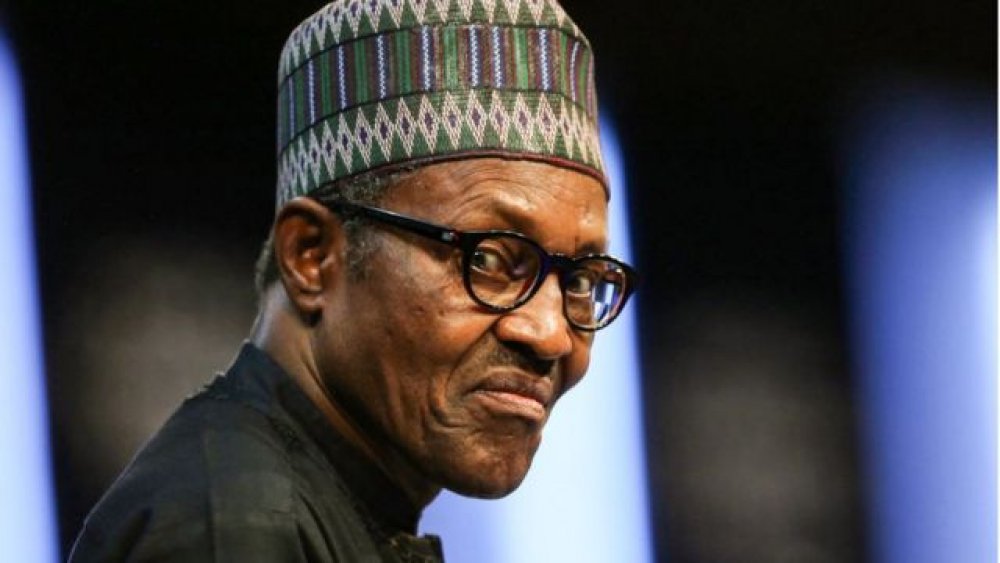Other Pages
- Opinion Poll
- About Us
- Send Your Story
- Contact Us
- Newsletter
- Privacy Policy
- Terms and Conditions

Nigeria's economic reforms are affecting the Federal Government's plan to obtain financial support from the World Bank. President Muhammadu Buhari's government requested for $1.5 billion loan from the World Bank, but this request is being delayed by FG's economic reforms.
The country has been struggling with revenue that it is heavily depending on loans from domestic and international creditors like the World Bank, but Reuters reported that the Hope's of Nigeria is being dashed by the reform FG is engaging in, as they don't seem to convince the World Bank to disburse funds to Nigeria.
Nigeria has the largest economy in Africa, but its battling to cushion the impact of the COVID-19 pandemic on its revenue sources as the economy continues to roll towards the path of recession. That's why the country is looking for funds to support businesses for revenue growth in order to reduce the rate at which Nigeria's economy will contract.
[READ ALSO: Banks Indirectly Enriching Bureau De Charge Operators At POS Operators' Detriment]
AllNews had previously reported that the $1.5 billion loan was supposed to be deliberated and approved by the World Bank board of directors during a meeting in early August, however, the meeting didn't hold, as it was pushed to September or October.
Now, economic reforms by the government are the spanner in the works that might deny FG the loan at the period expected. According to a source quoted by Reuters, World Bank is "not convinced about the reforms,”
While commenting about the reforms, the World Bank had also stated that “Of particular importance are the steps the government is taking to marshal the needed fiscal resources for a pro-poor response to the crisis and undertake the reforms that will help ensure a robust recovery.”
The Nigerian government has been making some reforms to please international creditors. FG had lifted subsidy from fuel price and is also planning to increase electricity tariffs - both fuel and electricity reforms are believed to be among the guarantees made by Nigeria, but World Bank hasn't made its requirements public.
Although, FG had made promises to the International Monetary Fund (IMF), and both the World Bank and IMF are aligned on the same reform path. The international creditors also want Nigeria to float the Naira, but the Central Bank of Nigeria (CBN) had instead devalued the Naira on two occasions at a fixed rate, rather than allowing the market forces to determine the Naira.
The World Bank fund is just one of much financial support that the Nigerian government has requested in order to fund its Economic Sustainability Plan. FG said it is seeking about $7 billion, and financial sources listed by the government include the $3.4 billion received from the International Monetary Fund (IMF), $1 billion from the African Development Bank (AfDB), the African bank also issued $288.5 million COVID-19 loan to Nigeria. The government also stated that it will draw $150 million from the Nigeria Sovereign Investment Authority (NSIA).
[READ ALSO: Shoprite To Shutdown Another Kenyan Store Four Months After First Closure]
The IMF has already approved the $3.4 billion after Nigeria requested 100% of its entitlement in IMF. These series of loans have increased the debt burden of the country, with debt service to revenue ratio causing Nigeria to use almost all its revenue to service loan, meaning, Nigeria uses about 96 kobo out of N1 to service debt in the first quarter.
0 Comment(s)